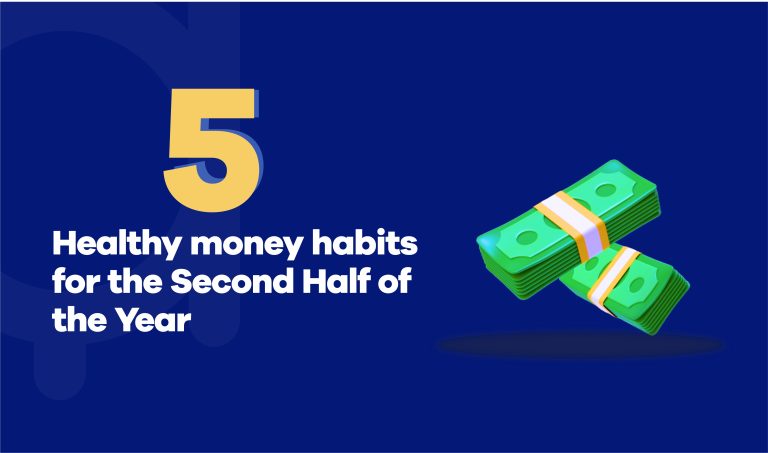January is slowly coming to an end, the enthusiasm we started 2024 with is wearing off, and excuses have become the order of the day. Routines become rare, and plans for new habits are put on hold while we try to suppress our unhealthy habits that have now been put on autopilot again because we fell off while trying to take bold, wide steps to be better people instead of baby steps like they should be.
With a lot of discipline, you can create an effective habit that requires little effort. You need to do a January review and February planning now that the month is coming to a close. This is especially true if you cannot determine exactly where you have made improvements and what parts need more work. If it’s just you, great. However, if you have a business to run, periodically reviewing your progress is even more important.
Your goal at the beginning of a new month is to have a meeting with yourself or your team, if you have one. You should plan everything to audit each aspect of your life and business. Everyone needs a review, whether you work 9-to-5 or run your own business. Planning is critical because what you put in is what you get out.
Sit with yourself and reflect on how the first 30 days in January performed, then think about a plan of action for February through March. You do not need to have everything planned out to a T, but certain vital things should be clear, bold, and concise. This provides a focus and a guide. Planning is essential in everything you do, but it needs to start somewhere by reviewing what you have done before.
Plan out everything you can think about in the review and brainstorming session. With this, you can monitor your actions and stay consistent. Use apps like Monday or Notion for planning and goal-setting.

Knowing where money has been spent is easier with expense tracking software. You can also make accounts and reconcile them to determine what matches and what doesn’t. Basic accounting is important.
Habits serve you well and show positive results when they become part of you and run on autopilot. Here are some tips for creating new habits and making them stick.
- Start small, start simple, and make it realistic: If you have a new habit you are trying to ingrain, make sure to break that big goal into small, achievable bits. Having a new goal is like having a new job. It can be scary, but you still love the idea that you are willing to become a better person overall. If you try to do too much at once, you will fail and have no morale left. Start small and improve from there, do not try to completely change your life in one day. Your willpower works like a muscle. If you do too much at once, you will get tired.
- Keep track and make it daily: You need to be very consistent if you want to make a habit stick. Activities you do every other day are hard to stick to and even make a habit of. Trying to lock down a new habit is tricky, so try to be consistent for at least the first thirty days.
- Set yourself up for success and identify a trigger: Enable your new habits by addressing your usual excuses and preparing ahead. If you know you always complain about not knowing what to wear to work, making you run late, then choose and arrange your clothes the night before. A trigger will help you execute your new habit.
- Know your excuses: Everyone has an excuse when trying to hack their habit and restructure their environment to avoid temptation. To stop eating junk food, remove all sweets and junk food from your refrigerator and replace them with healthy fruit.
- Have a purpose and a why: Familiarize yourself with the benefits of making a change, this will help you create an accountability system. Write down the benefits, it helps make the big picture clear and keeps your focus on the result. There is no room to back out when you are clear about what you want to invest your time and energy in.
What gets measured gets managed, measuring your progress over time will help keep you motivated while you work towards your end goal.


